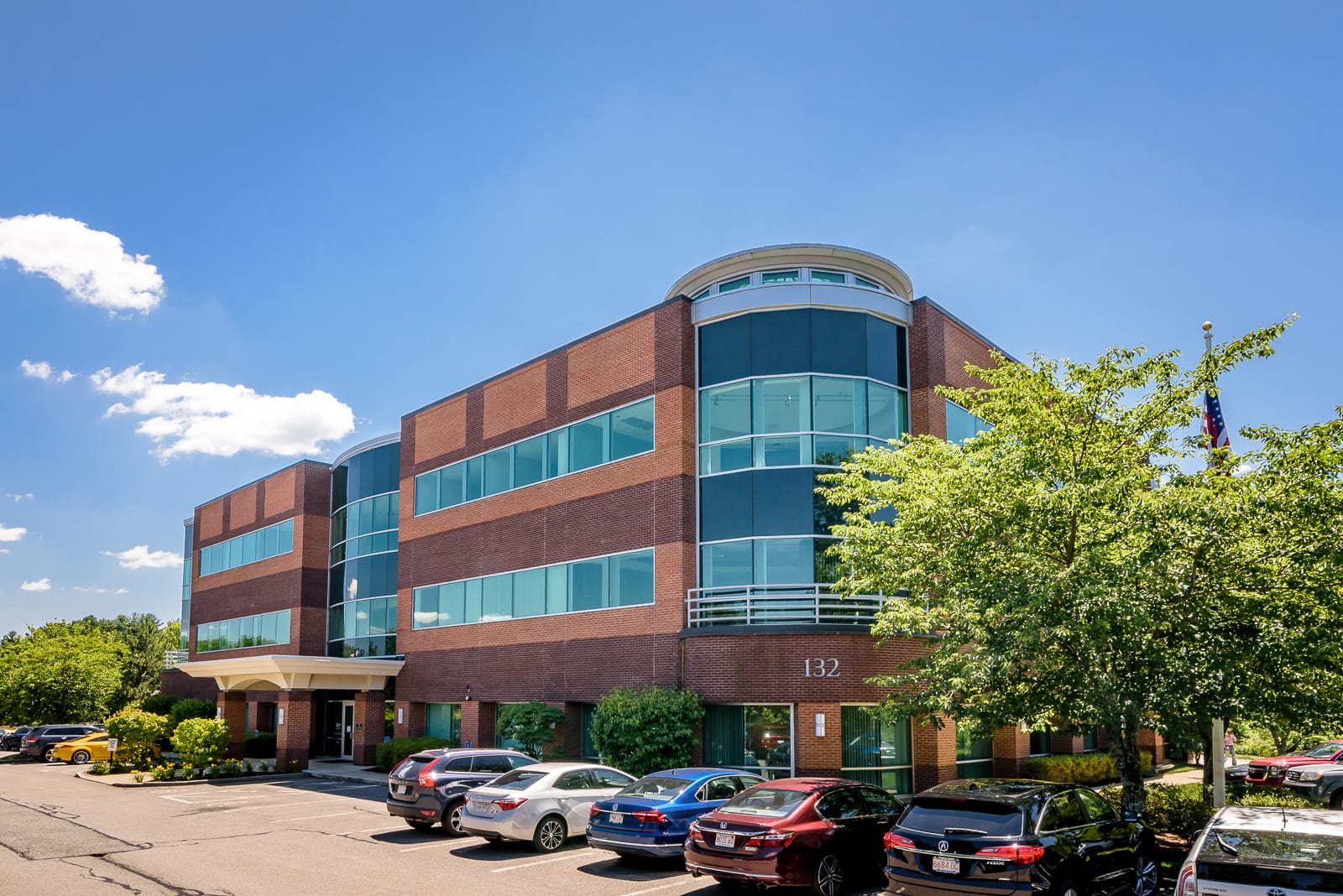TRAUMA THERAPY PROGRAMS IN MASSACHUSETTS
NORTHSTAR RECOVERY CENTERDay Treatment Program in Southborough, MA, and Springfield, MA
Trauma often plays a significant role in substance abuse and addiction. By addressing your grief or loss in trauma therapy, you can begin the stages of healing- no type of trauma treatment will heal overnight, though! The staff at Northstar Recovery Center in Southborough, MA, are committed to helping those with any traumatic experience find relief from their pain by providing comprehensive care for all types.
Do you have questions about addiction treatment programs in Massachusetts? Are you concerned about drug or alcohol use, yours or that of a loved one? Call us by dialing (888)311-0911 or completing our online form.
WHO WE ARE
Northstar Recovery Center in Southborough, MA is made up of a team of experienced, dedicated, and compassionate addiction treatment professionals. We want to see our community heal from the effects of the opioid epidemic, alcohol addiction, and other substance use disorders.

Day Treatment Program in MA
The Day Treatment in Massachusetts, also referred to as PHP (Partial Hospitalization Program) or IOP (Intensive Outpatient Program), is the highest level of care offered at Northstar Recovery Center. This addiction treatment option encompasses comprehensive clinical care and behavioral therapies. In the initial stages of recovery from addiction, it's crucial to have robust support to navigate both physical and emotional challenges. Our dedicated team at Northstar Recovery Center, located in Southborough, MA, and West Springfield, MA, is committed to assisting you in establishing a solid foundation for a lifelong recovery from addiction to drugs and alcohol. Clients typically visit our addiction treatment center in Massachusetts each weekday for several hours, engaging in counseling sessions and other necessary interventions. This approach ensures a balanced and effective recovery process, tailored to individual needs within the framework of Day Treatment.
Individual, Group, and Family Counseling in Massachusetts
Addiction thrives in isolation, which is why group counseling sessions are a foundational part of our addiction treatment plans. In group sessions, you’ll gain perspective on your struggles with substance abuse and can connect with others who understand your experiences. Family counseling can help your loved ones understand the disease of addiction, navigate conflict and build healthier relationships. In individual counseling sessions, you’ll be able to work through personal issues like past trauma with the help of an experienced therapist.





